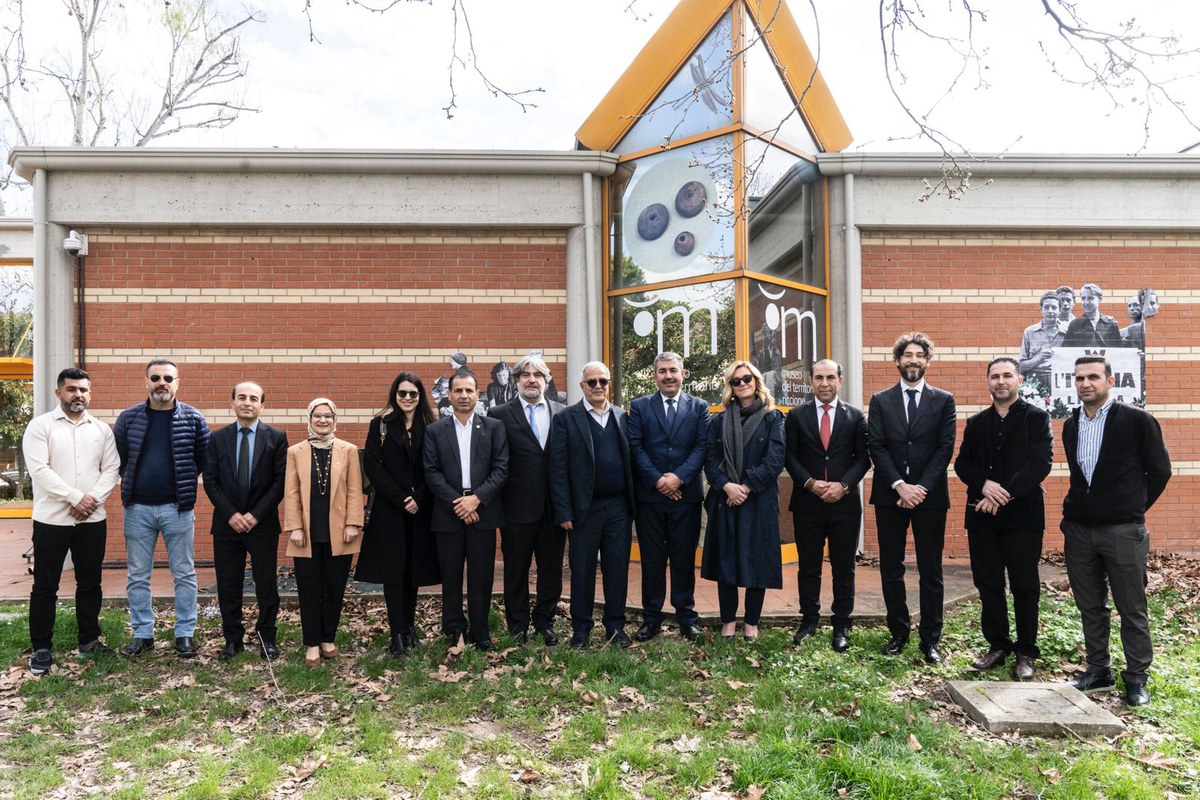The Global South call for proposals by Alma Mater Studiorum – University of Bologna is an initiative aimed at promoting development cooperation through the creation and strengthening of collaborations with partners operating in emerging and developing countries. Its main objective is to enhance the University's proactive role by fostering interconnection between institutions, research, innovation, and social utility, in line with the United Nations Sustainable Development Goals.
The project Heritage Horizons: Empowering Economic and Touristic Advancements through Historical and Cultural Landscape Enhancement in the Garmian Region (KRI, Iraq), funded under the Global South 2024 call, primarily aims to promote sustainable cultural tourism in the Garmian area, located in the southeastern part of the Kurdistan Region of Iraq (KRI, Iraq). The project seeks to enhance the local historical and archaeological landscape, actively involve communities in cultural heritage management, and train professionals specialized in the field.
Project partners include, in addition to the Department of Cultural Heritage at Alma Mater Studiorum – University of Bologna, the University of Garmian, the Directorate of Antiquities and Heritage of Garmian, the Garmian Civilization Museum in Kalar, the MiSAK (Italian Historical-Archaeological Mission in Kurdistan), ISMEO, the International Institute of Kurdish Culture in Rome, the Maritime Museum of Cesenatico, and the Museum of the Territory ‘Luigi Ghirotti’ in Riccione.
On May 27–28, 2025, an international conference entitled Revitalising Historical and Cultural Gems for Dynamic and Sustainable Tourism Growth will be held at the University of Garmian in Kalar, in the Kurdistan Region of Iraq (KRI, Iraq), to mark the conclusion of the project. Organized by the University of Garmian in collaboration with the Department of Cultural Heritage and the other Kurdish partners, the event represents an important opportunity for dialogue and exchange among scholars and professionals in the field, with the goal of developing innovative and sustainable approaches to heritage enhancement.
The conference aims to explore advanced strategies for balancing the protection of historical and archaeological sites with the growing demands of tourism, with particular attention to minimizing environmental and cultural damage while maximizing economic, educational, and social benefits. Key topics will include the development of effective regulatory frameworks, inclusive urban planning, and the creation of synergies among stakeholders to foster truly sustainable heritage tourism.A further focus will be on the impact of emerging technologies—such as virtual and augmented reality and digital storytelling—on the preservation and enhancement of both tangible and intangible cultural heritage, and on their potential to strengthen sustainable cultural tourism dynamics.A central theme will also be the role of cultural heritage in building shared cultural and national identities.
The conference will address how cultural tourism can foster intercultural understanding, emphasizing its relevance in preserving historical memory—including that related to genocide—and in safeguarding minority heritage.The conference will also address the impact of armed conflict, climate change, and pollution on the deterioration of cultural sites, highlighting the need to consider the current geopolitical and environmental context. The involvement of local communities will be regarded as crucial, as they play a fundamental role in promoting and implementing sustainable solutions for the protection, conservation, and enhancement of historical and archaeological heritage.Finally, the conference will explore the value of intangible cultural heritage—such as festivals, exhibitions, and reenactments—in raising awareness and revitalizing cultural sites, as well as in generating significant economic opportunities.
